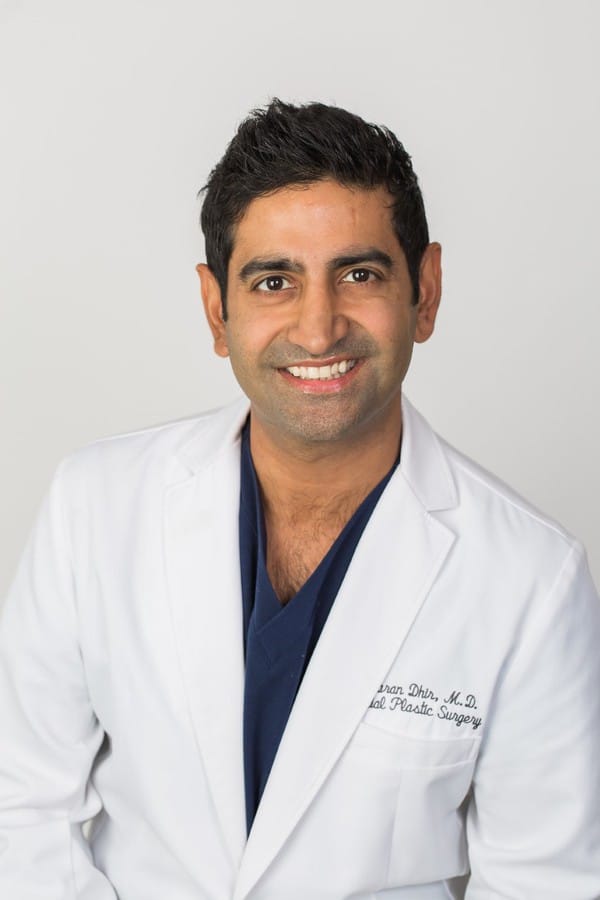Social media has revolutionized the way information reaches people. The rise of platforms like Facebook, Twitter, Reddit, and other similar websites has allowed millions of people access to knowledge in a matter of minutes. This increased accessibility has sparked debates within the medical community because of the lack of a consistent fact-checking mechanism on these online spaces.
However, articles shared on these platforms have exposed people to more science-based reporting. Medical professionals themselves have also used these websites to share valuable information in a digital setting, free of the barriers in a conventional clinic or hospital.
Medical Information in Social Media
The increased role of social media in the way people communicate has affected both the personal and professional aspects of medicine. In 2015, a study with 4,000 participants showed that 90% of physicians spent time on these platforms for personal use, but 65% also used them for professional reasons. Many Facebook pages exist for disseminating health-related information, and discussions about diseases and disorders are frequent on Twitter. This trend shows an emerging change in the way healthcare professionals interact with patients.
Journal articles have been online for years, but social media platforms have allowed facts in more straightforward language to circulate faster. For example, Facebook pages can post infographics condensing a lengthy research paper on a promising HIV drug. Friends can share Instagram collages showing tips on self-checking for signs of breast cancer. However, this conversion of information into bite-size pieces is also seen as harmful by medical professionals. Important details may get lost in trying to fit in information to a character limit, possibly causing misinformation.
There is also the threat of frauds and unverified alternative therapies. In recent years, Facebook has become a breeding ground for articles challenging the medical field. This has amplified anti-vaccine campaigns and other harmful beliefs. Fake news purveyors routinely challenge the reputation of many physicians on the platform and the efficacy of drugs proven to combat certain diseases. Unverified alternative therapies masquerading as “cheaper” cures have also become rampant.

Efforts to combat these problems exist, with the Food and Drug Administration also drafting guidelines for online fact-checking information about prescription drugs and medical equipment. Professional organizations have issued recommendations on how health care providers should share information on social media.
To date, however, there are no clear protocols regarding social media etiquette for medical professionals. It is up to the doctors, nurses, pharmacists, and other providers to come up with ways to ensure that they uphold the rights of their patients, even in an online setting.
Patient attitudes to health-related information on social media With most people owning a social media account, it is no surprise that posts regarding health attract solid readership. This boosts the reach of information regarding specific conditions and empowers patients to be more involved in communicating with their doctors. Personal research conducted by individuals will allow them to be more proactive in asking for lifestyle and dietary adjustments to complement treatment.
Unfortunately, there is also a dark side to people having increased access to health-related information. The advertisement of “alternative” therapies that may be harmful is another threat. Although physicians can support or reject this information, many clients choose not to disclose their newfound remedies due to fear or intimidation. The prospect of “miracle cures” and lesser costs can be lucrative for people desperate to achieve a healthier state, with the FDA also warning the public about health fraud scams.
A 2019 study also looked into the relationship between social media and the desire to undergo cosmetic surgery. Results showed that individuals with low self-esteem are exposed to content about these procedures and become more inclined to undergo surgery. This is motivated by their negative sense of self, and watching videos or reading articles related to the subject may amplify their sense of inadequacy. While the operation is a personal decision by the client, it exposes another potential harm to medical content shared online without a filter. There is an increased risk of amplifying a negative outlook on health, with patients making hasty decisions without increased communication with their provider.

The role of the medical community in correcting misinformation
The risks associated with health-related information on social media are a pressing problem. Thus, healthcare providers must promote reliable sources of information to their clients. Advisories and infographics that correct fake news regarding harmful substances can do a lot of good to patients. The accessibility of social media is also an avenue for physicians to be more communicative with their patients.
The clinical setting comes with a level of intimidation that is less emphasized in an online setting, which can correct misinformation. Leaning into this convenience can positively impact a patient’s outlook and dialogue with their doctors, preventing them from getting intimidated.
Social media may also serve as a tool to lobby for policies that support a patient-centric approach within the medical community. However, this will need support from academic institutions and research bodies. There is an existing communication gap between academics, health care providers, and policymakers. Bridging this can increase opportunities that emphasize the quality of science-based treatments to the public.
A 2014 study on big data advocates for increased funding and support for social media integration with medicine to maximize its benefits to the community. The results indicate that online platforms can help communicate verified medical information to the public. Collaborating with websites to implement stricter fact-checking policies is also imperative, as these possess the power to warn the public of fake articles immediately. That way, science-backed information becomes the utmost priority when talking about health.
Communication is a crucial aspect of preserving the patient-provider relationship, which is why compassion and support must be present on social media. This allows medical procedures to continue being a collaborative effort between the patient and their health care provider, even with the addition of technology to the mix.
Those lured by cheap alternatives promoted on social media are most vulnerable. It is essential to hammer that engaging in unverified methods can cause more harm than good. In the end, patients may cause more harm to themselves and leave themselves vulnerable to higher medical costs. The bitterness of poor quality remains long after the sweetness of low cost is forgotten. Using social media’s strengths to combat its harms, the medical community can protect its patients against misinformation.





0 Comments